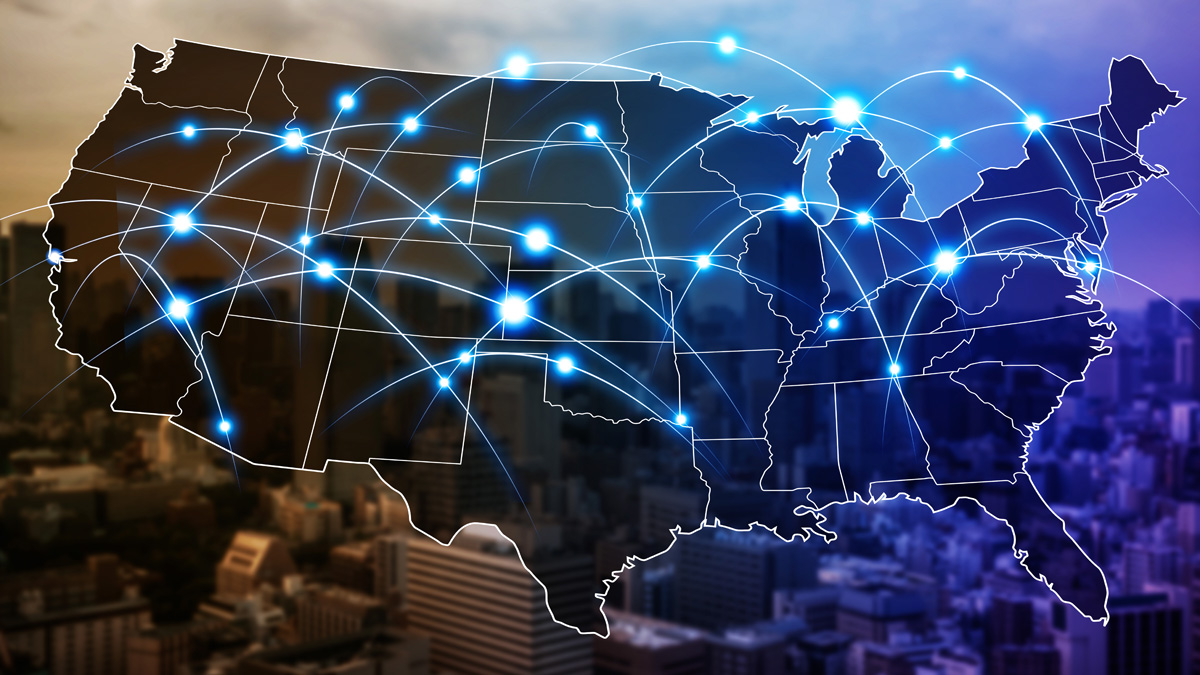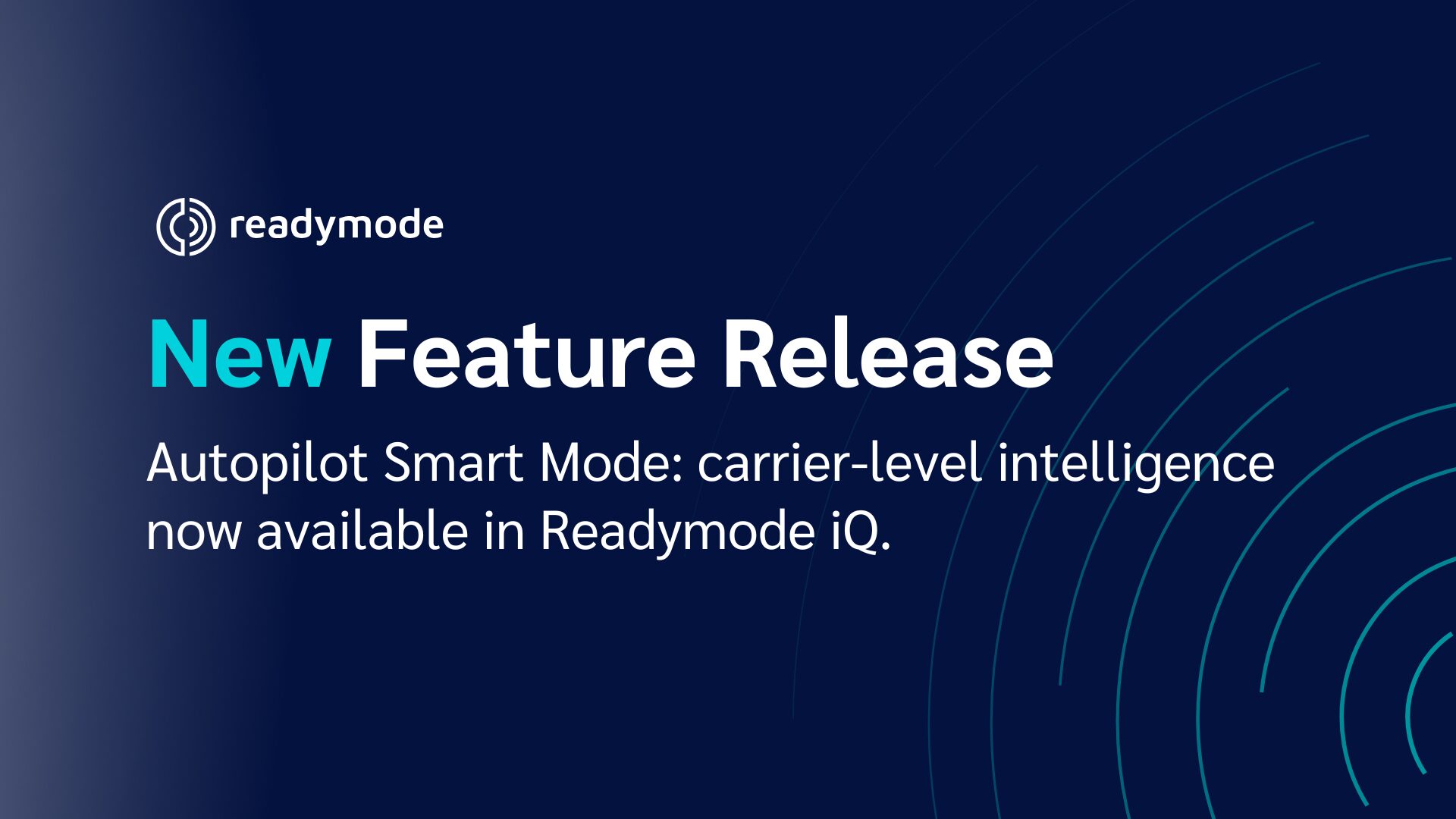As all Readymode customers know, getting onto our network required some paperwork and interactions with our onboarding team to find out who you are and your intended use cases for our services. We’re not nosy. We’re following the law.
Readymode, like all other phone companies in America, has to “KYC” our customers. In this piece, we’ll cover why we do that, what KYC is, and why you should care that we do.
What is KYC?
Since June 2021, as part of its new robocall mitigation rules, the Federal Communications Commission (FCC) has required all originating voice service providers (i.e., phone companies that serve end users making outbound calls) to “know its customers” and take due care to prevent its customers from using its network to originate illegal traffic.
The FCC’s rule, 47 C.F.R. § 64.1200(n)(4), states that a voice service provider must: “take affirmative, effective measures to prevent new and renewing customers from using its network to originate illegal calls, including knowing its customers and exercising due diligence in ensuring that its services are not used to originate illegal traffic.”
Why Does KYC Matter?
In simple terms, KYC matters because it’s part of following the FCC’s rules. This is why Readymode asks its end users for a variety of details about you and your business, such as your business name, key contact information, website URL, EIN, and proof of incorporation, as part of signing up for our services.
If any other phone company doesn’t ask you for those sorts of details, you should, of course, ask yourself how long they’ll be in business. The FCC does enforce these rules, so you should want to use a carrier that follows them.
Those that do not risk major FCC enforcement action. And these days, the carrier community is quick to turn off service to carrier customers that make the news for being the subject of major government enforcement actions (justified or otherwise), which can obviously have a major downstream effect on that carrier’s customers’ calls.
What Happens When You Skip KYC?
One prominent example is the FCC’s proposed $4.5 million fine against a large U.S. carrier. Essentially, the FCC accused that carrier of not KYCing a new customer properly, which allowed that customer to get on the carrier’s network and make over 1,000 prerecorded calls in less than a day, many of them to FCC Staff members and the FCC’s family members.
Needless to say, the FCC jumped all over that. That case is still pending at the agency, but it’s still reverberating through the industry as carriers tighten up their KYC practices now that the FCC has announced the fairly staggering per-call fines that the FCC believes it can impose on carriers that provide service to callers who may not have been fully KYCed.
Separately, though still related to STIR/SHAKEN compliance, the FCC also entered into a Consent Decree with another carrier that agreed to pay $1 million and implement very aggressive, ‘enhanced’ KYC protocols as part of that settlement with the FCC.
Summary
In short, KYC matters because we need to know who you are. This is why Readymode asks for what we do when onboarding you and whenever any of those salient details may change over time.
And if anyone tells you that they were able to successfully sign up for another platform provider’s services as “Mickey Mouse” or any other anonymous, non-verified identity, Mickey Mouse may have to move phone companies in the middle of the night because they may not be around for long.
This article is only offered for informational purposes; it is not legal advice. Please consult a qualified attorney for your specific compliance needs.
Joe Bowser
Joe Bowser is a partner at Roth Jackson. He has been practicing communications and marketing law for two decades. He advises and defends calling and SMS platform providers (like Readymode), carriers/VoIP providers, and heavy users of those services in their wide range of compliance needs. In his spare time, you can find him taking his boys to their sports, getting in a workout of his own, or catching an Arsenal match.








